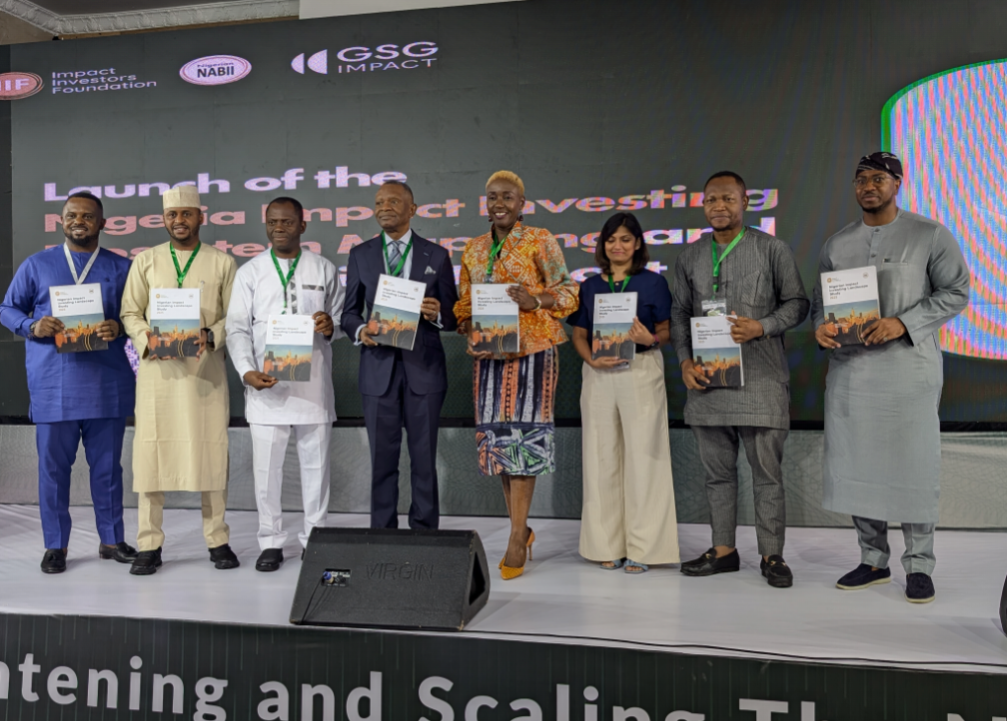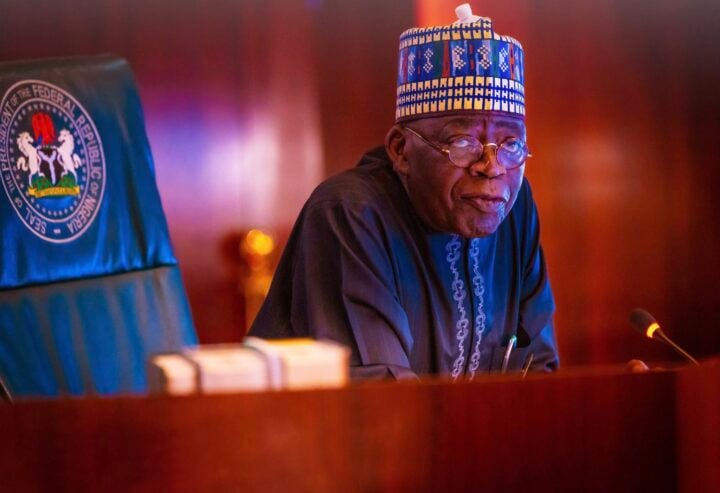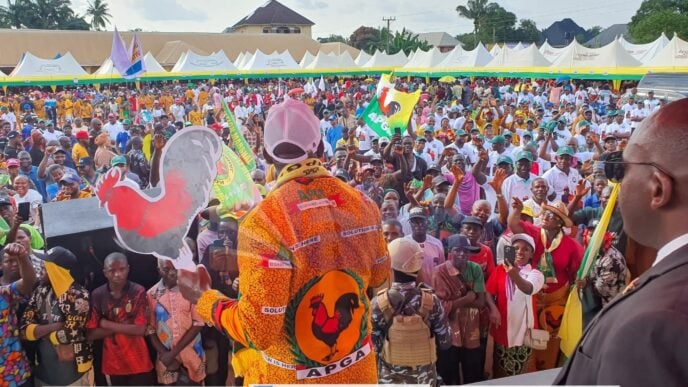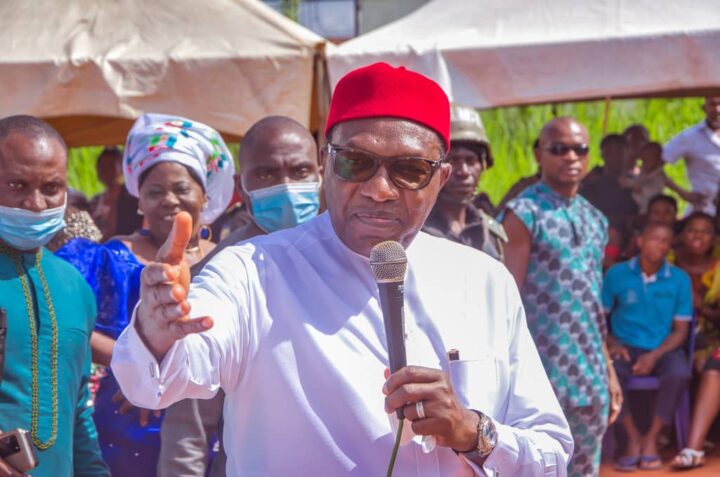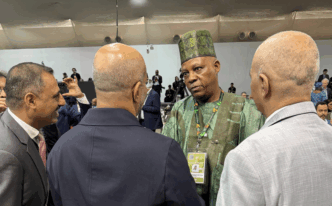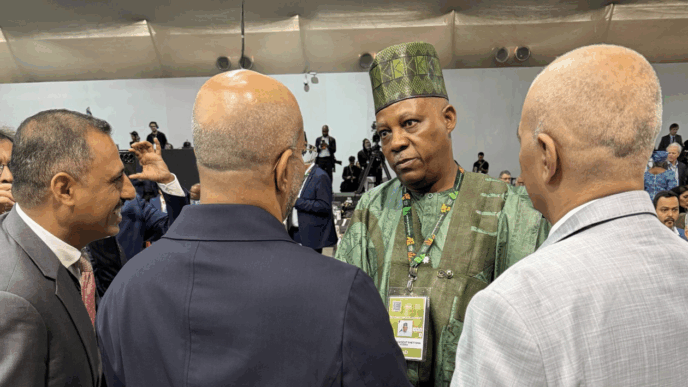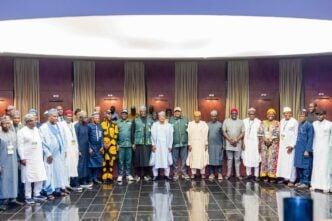A report by the Impact Investors Foundation (IIF) says foreign exchange (FX) reforms and exit challenges have slowed down venture capital (VC) and private equity (PE) investments into Nigeria in the last four years.
On June 14, 2023, the Central Bank of Nigeria (CBN) commenced the FX reforms by officially unifying the multiple FX rate systems, collapsing all FX windows into the investors’ and exporters’ (I&E) window.
In the report by IIF titled ‘Nigerian Impact Investment Landscape 2025,’ launched on Wednesday, during the 8th Annual Convening on Impact Investing (ACII) conference in Lagos state, the foundation said investments dropped from $1.14 billion in 2022 to $939.5 million in 2023.
According to the report, investments declined further to $211.4 million in 2024 and $207.5 million in 2025.
Advertisement
During the period, the study showed that the number of deals also fell from 292 to 78.
“Private Equity (PE) and Venture Capital (VC) activity in Nigeria has slowed sharply since 2022, mirroring global market corrections and compounded by domestic macroeconomic headwinds,” the report said.
Highlighting the key drivers of the decline, the report blamed the global VC downturn and higher United States dollar (USD) rates.
Advertisement
“After record highs in 2021–2022, global tech VC funding contracted sharply in 2023. Africa mirrored this trend, recording a –54% year-on-year decline in equity funding and a –32% fall in deal count,” the report said.
“FX volatility and naira devaluations (2023–2024): Multiple exchange-rate resets caused pricing uncertainty, translation losses, and raised the cost of USD capital, complicating valuations and exits.
“Exit headwinds and weak liquidity: Limited IPO and M&A activity created a constrained exit environment, deterring investors and weakening LP confidence.
“Domestic macroeconomic pressures: High inflation, tight liquidity, and policy reforms (fuel subsidy removal, FX reform) suppressed local co-investment appetite and growth-stage funding capacity.”
Advertisement
In a statement, Etemore Glover, CEO of the Impact Investors Foundation, said the report will provide evidence-based data and critical market information for policymakers, Development Finance Institutions (DFIs), and investors.
“This data will assist in guiding capital to where it is needed most, translating availability into impact-aligned growth and a more resilient investment ecosystem,” Glover said.
Also, IIF said the event’s objective was to galvanise a diverse ecosystem of policymakers, global and local investors, development institutions, and entrepreneurs to accelerate Nigeria’s impact-ready economy. For seven years, the event has fostered dialogue, shared experiences, and charted pathways for inclusive growth.
The two-day event, which commenced on Wednesday and focused on the theme ‘Strengthening and Scaling the Nigeria Impact Economy,’ brought together leaders in Nigeria’s impact industry.
Advertisement
